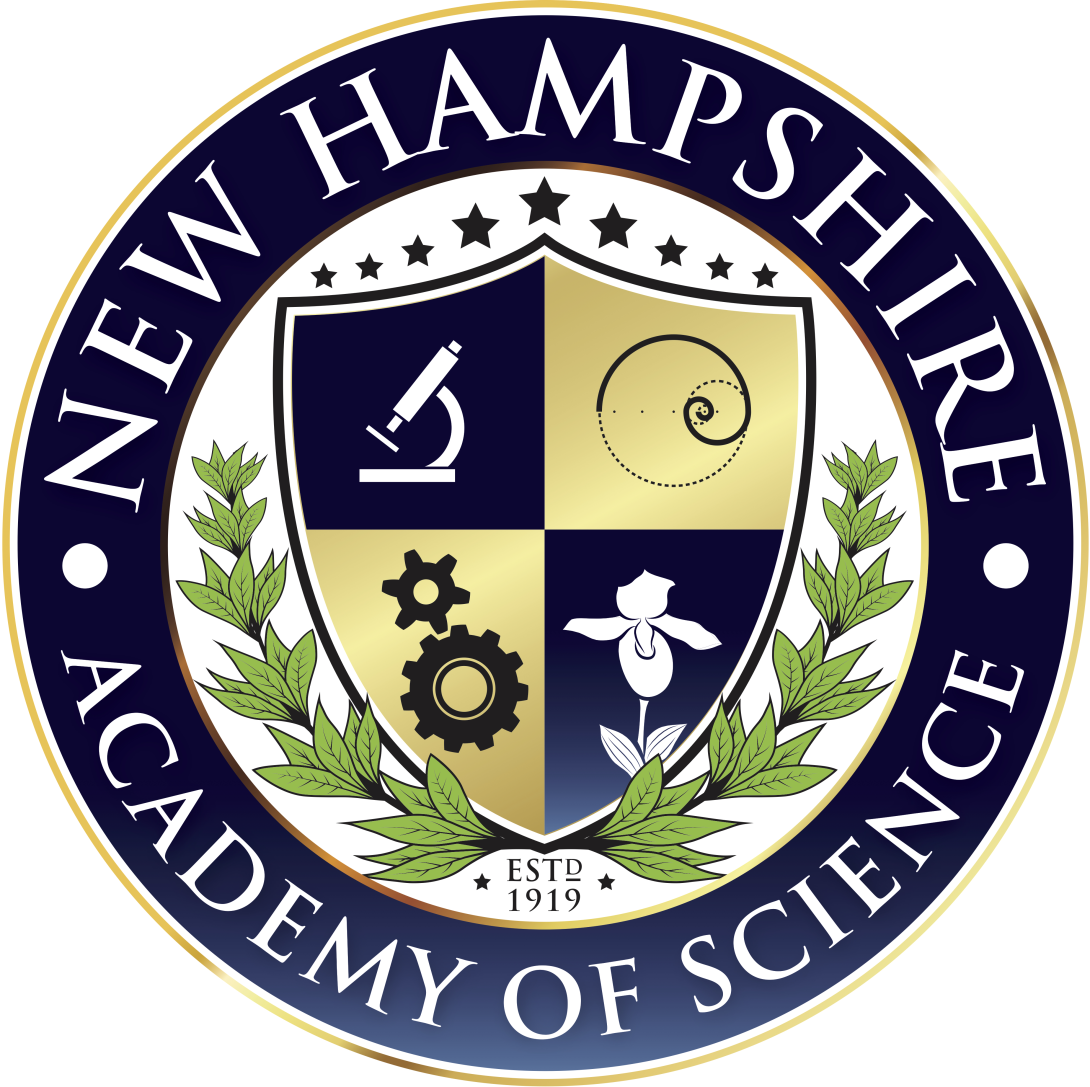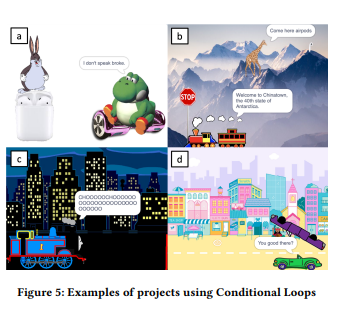Middle School Teachers' and Students' Experiences with Artificial Intelligence via Computational Cameras
PosterImageSTEAM is a National Science Foundation (NSF) funded program designed to help introduce AI and computer vision concepts to middle school students through the development of innovative learning activities in visual media. Our focus is on encouraging students to pursue careers and interests in STEM and empowering teachers to train the next generation of students for the upcoming AI technologies that will feature prominently in the 21st century.

